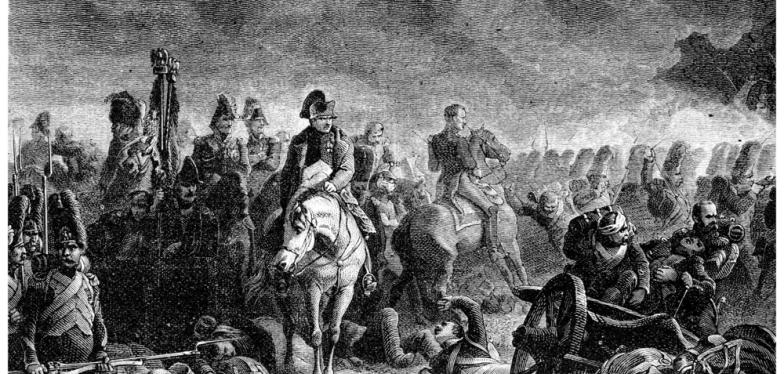Battle of Waterloo: Casualties suffered gruesome fate
Contemporary archival material already indicated that the bones of fallen soldiers were unearthed and ground down into bone meal, which was subsequently used as fertiliser for the fields (see FOB 27 July 2022). Historians now claim that much of that bone meal may have even ended up in sugar for human consumption.

An international team of scientists came to this staggering conclusion. For years, researchers wondered what had happened to the bones of the few tens of thousands of men and horses killed in the battle under the generals Napoleon, Wellington, von Blücher, because there were barely any traces of them in the ground. Recently, they discovered that the bones were ground down into bone meal, used by locals as farmyard manure and mainly processed by the local sugar industry. Following the passage of a law in the early 1830s, the trade in bones became lucrative. A few cartloads of skeletons were worth a multiple of the meagre income that rural people earned from farming at the time. The emerging sugar mills in the early 19th century needed bone char, i.e. bones that have been charred, to purify the viscous and dirty intermediate product and to transform it into white sugar.
The fact that an atom from a great-grandfather may have been drunk in one's morning coffee was an open secret at the time. A German newspaper recommended honey instead of sugar. The article on excavations of the penal code also came into play.
The Sugar Refinery of Tienen's witty response was that it did not indulge in such a practice.